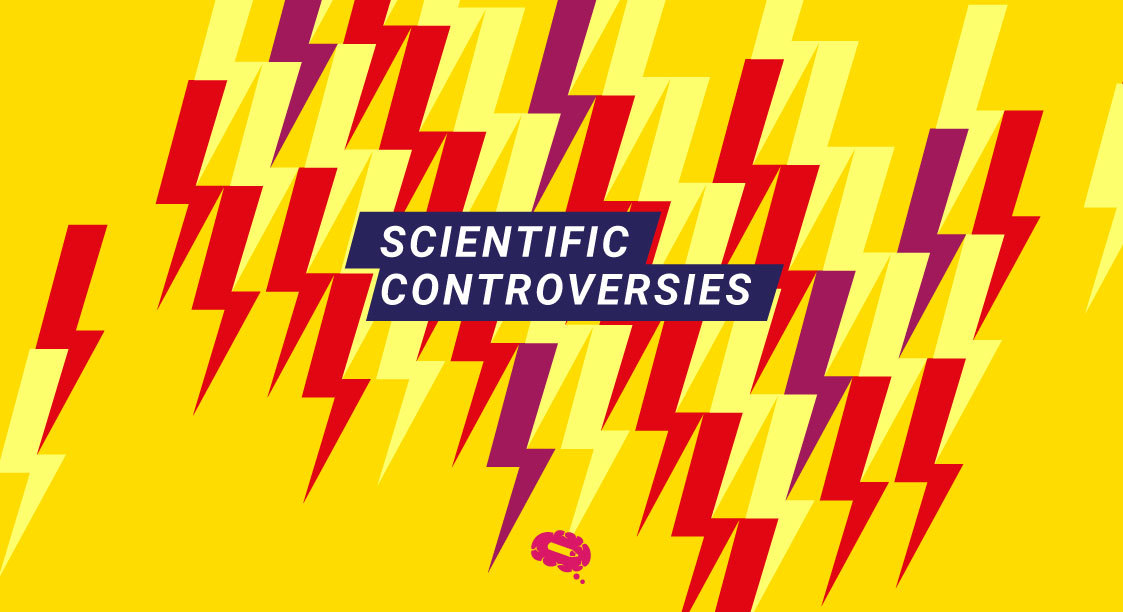Mapping the Thoughts: Exploring the Complexities and Controversies of IQ Maps
Associated Articles: Mapping the Thoughts: Exploring the Complexities and Controversies of IQ Maps
Introduction
With enthusiasm, let’s navigate by means of the intriguing matter associated to Mapping the Thoughts: Exploring the Complexities and Controversies of IQ Maps. Let’s weave fascinating info and supply contemporary views to the readers.
Desk of Content material
Mapping the Thoughts: Exploring the Complexities and Controversies of IQ Maps

The idea of an "IQ map" – a geographical illustration of intelligence quotients throughout populations – is inherently fraught with complexities. Whereas the attract of visualizing intelligence distribution throughout areas is simple, makes an attempt to create such maps are sometimes met with important criticism resulting from methodological limitations, inherent biases, and the moral implications of assigning collective intelligence scores to whole populations. This text explores the historical past, methodologies, limitations, and moral issues surrounding the creation and interpretation of IQ maps, highlighting the essential want for nuanced understanding and cautious interpretation of any such illustration.
The Historic Context: Early Makes an attempt and Underlying Assumptions
Early makes an attempt to create IQ maps have been usually intertwined with eugenicist ideologies prevalent within the early twentieth century. These research, usually flawed of their methodology and pushed by prejudiced assumptions, aimed to show the supposed mental superiority of sure racial or ethnic teams over others. The inherent biases in these research – together with biased testing devices, unequal entry to schooling, and the disregard for socioeconomic components – rendered their outcomes largely unreliable and ethically reprehensible. These historic precedents forged an extended shadow on subsequent makes an attempt to map intelligence geographically, elevating important considerations in regards to the potential for perpetuating dangerous stereotypes and justifying discriminatory practices.
The basic assumption behind any IQ map is that intelligence could be precisely quantified and meaningfully in contrast throughout completely different populations. This assumption itself is very contested. IQ exams, whereas extensively used, are usually not with out their limitations. They’re culturally biased, that means that efficiency could be influenced by components similar to language, schooling, and cultural background. A take a look at designed in a single cultural context might not precisely measure intelligence in one other, resulting in inaccurate and doubtlessly deceptive comparisons between completely different populations. Moreover, the very definition of "intelligence" is topic to ongoing debate, with completely different theories emphasizing completely different cognitive skills and abilities. A single numerical rating, subsequently, can by no means totally seize the multifaceted nature of human intelligence.
Methodological Challenges in Creating IQ Maps
Making a dependable IQ map faces quite a few methodological hurdles. Probably the most important problem is information acquisition. Acquiring consultant samples of IQ scores from various populations throughout geographical areas is extraordinarily troublesome. Entry to testing sources varies extensively, resulting in sampling biases that skew outcomes. Moreover, the willingness of people to take part in IQ testing varies throughout populations, doubtlessly affecting the representativeness of the info collected.
Even with entry to seemingly sturdy information, the interpretation of IQ scores throughout completely different teams requires cautious consideration. Environmental components similar to vitamin, healthcare, schooling, and socioeconomic standing profoundly affect cognitive improvement. A low common IQ rating in a selected area might mirror insufficient entry to sources and alternatives moderately than inherent mental limitations. Failing to account for these confounding components can result in grossly inaccurate and deceptive conclusions.
The Affect of Socioeconomic Elements:
The sturdy correlation between socioeconomic standing (SES) and IQ scores is well-established. Kids from prosperous backgrounds, with entry to high quality schooling, healthcare, and nutritious meals, have a tendency to attain larger on IQ exams than these from deprived backgrounds. This relationship highlights the essential function of environmental components in shaping cognitive improvement. An IQ map that fails to account for these socioeconomic disparities dangers misinterpreting the info and drawing faulty conclusions about inherent mental variations between areas.
Moreover, the affect of historic and ongoing social injustices, similar to colonialism, slavery, and systemic discrimination, can’t be ignored. These historic traumas have had profound and long-lasting results on the academic attainment and socioeconomic alternatives of marginalized communities. Attributing variations in common IQ scores to inherent genetic variations with out contemplating these historic and social components is each scientifically unsound and ethically irresponsible.
Moral Issues and the Risks of Misinterpretation:
The creation and dissemination of IQ maps increase important moral considerations. The potential for misinterpretation and misuse is substantial. Such maps may very well be used to justify discriminatory insurance policies and practices, reinforcing current inequalities and perpetuating dangerous stereotypes. The danger of stigmatizing whole populations primarily based on common IQ scores is a critical concern. Even well-intentioned makes an attempt to map intelligence geographically can unintentionally contribute to the perpetuation of dangerous biases and prejudices.
It’s essential to emphasise that any variations in common IQ scores between populations don’t essentially mirror inherent mental variations. The complicated interaction of genetic, environmental, and socioeconomic components makes it unimaginable to attract easy conclusions in regards to the relative intelligence of various teams primarily based on combination IQ scores. Focusing solely on common IQ scores ignores the huge particular person variation inside any inhabitants and dangers perpetuating dangerous generalizations.
Various Approaches to Understanding Cognitive Talents:
As an alternative of trying to create doubtlessly deceptive IQ maps, researchers ought to deal with understanding the complicated interaction of things that affect cognitive improvement. This contains investigating the affect of socioeconomic standing, entry to schooling and healthcare, vitamin, and environmental components on cognitive skills. Longitudinal research that observe cognitive improvement over time, considering particular person and contextual components, can present rather more helpful insights than simplistic geographical representations of IQ scores.
Moreover, researchers ought to transfer past a slim deal with IQ scores and discover a wider vary of cognitive skills and abilities. Intelligence is multifaceted, and lowering it to a single numerical rating fails to seize its richness and complexity. Exploring completely different facets of cognitive perform, similar to creativity, emotional intelligence, and problem-solving abilities, supplies a extra complete understanding of human cognitive skills.
Conclusion: The Want for Warning and Nuance
The concept of an IQ map, whereas seemingly interesting, is in the end fraught with methodological challenges, inherent biases, and moral considerations. Makes an attempt to create such maps threat perpetuating dangerous stereotypes and justifying discriminatory practices. As an alternative of specializing in creating doubtlessly deceptive geographical representations of IQ scores, researchers ought to prioritize a nuanced understanding of the complicated interaction of things that affect cognitive improvement. This requires a shift away from simplistic interpretations of IQ scores and a deal with extra complete and ethically sound approaches to learning human intelligence. The main focus needs to be on figuring out and addressing the social and environmental components that contribute to disparities in cognitive outcomes, moderately than looking for simplistic explanations primarily based on flawed and doubtlessly dangerous representations of intelligence throughout geographical areas. Solely then can we transfer in direction of a extra equitable and correct understanding of human cognitive skills.







Closure
Thus, we hope this text has offered helpful insights into Mapping the Thoughts: Exploring the Complexities and Controversies of IQ Maps. We thanks for taking the time to learn this text. See you in our subsequent article!
